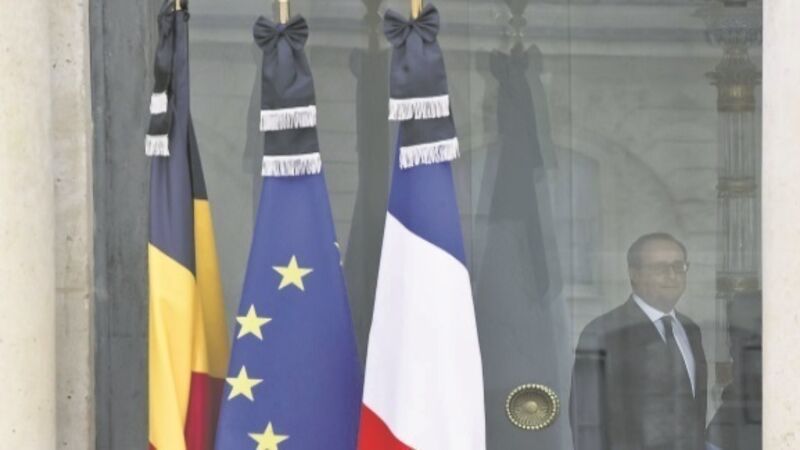Europe flies the flag of unity in name only

Many Europeans immediately took the Brussels bombings on Tuesday as an assault on Europe itself. After all, the Belgian capital has long been synonymous with the European Union, and one bombing target was a metro station just steps from major EU institutions.
French president François Hollande declared: “The whole of Europe has been hit.” Germany’s Der Spiegel titled its lead story ‘Terror hits EU power centre”. Declarations of solidarity clogged the internet from across Europe.
















